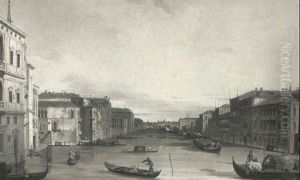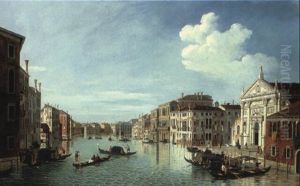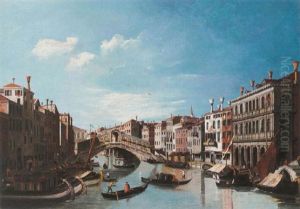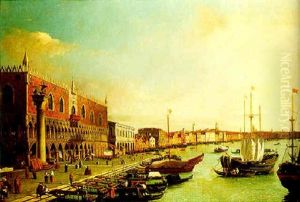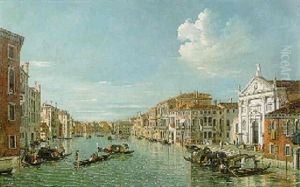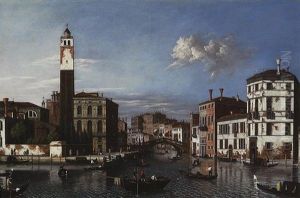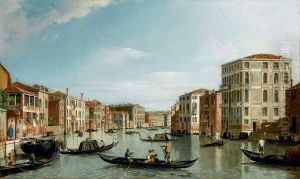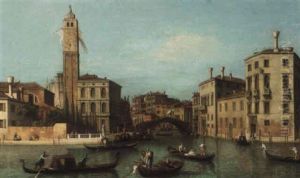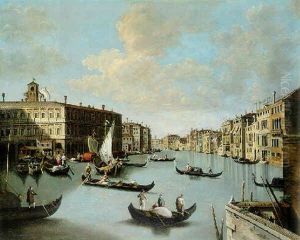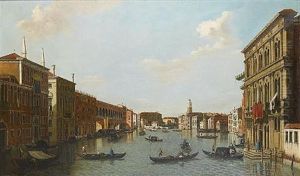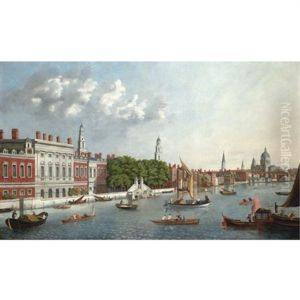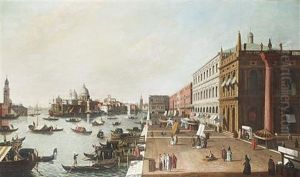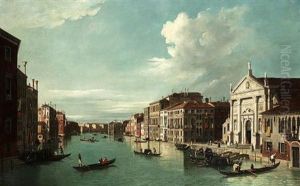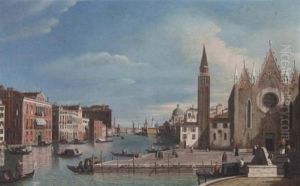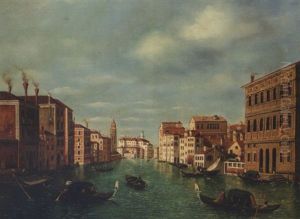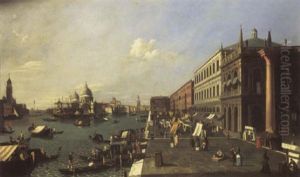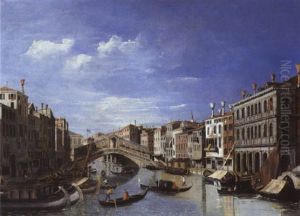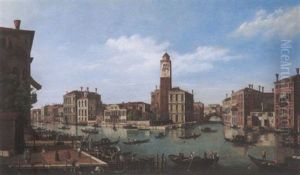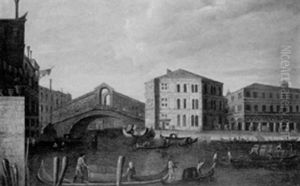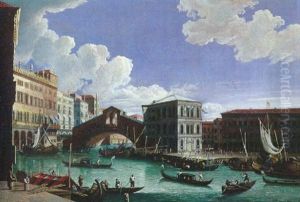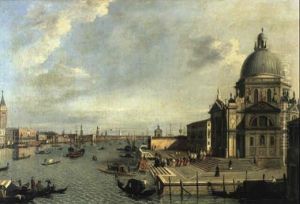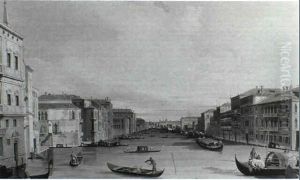William James Paintings
William James was not primarily known as an artist, but as a pioneering American philosopher and psychologist, who was also trained as a physician. Born on January 11, 1842, in New York City to Henry James Sr. and Mary Walsh James, he was the elder brother of the novelist Henry James and diarist Alice James. His intellectual contributions have greatly influenced the development of modern psychology and philosophy, particularly in the areas of pragmatism, functionalism, and phenomenology.
James was an original thinker who wrote extensively. He enrolled at the Lawrence Scientific School at Harvard in 1861 and then entered Harvard Medical School in 1864. Health issues interrupted his education, prompting travels to Europe for rest and recovery. He earned his medical degree in 1869 but chose not to practice medicine, turning instead to a career in teaching and writing. James joined the Harvard faculty in 1873, where he taught physiology, psychology, and philosophy.
Among his most significant works are 'The Principles of Psychology' (1890), which laid the groundwork for many of his later ideas, and 'Pragmatism: A New Name for Some Old Ways of Thinking' (1907), which explores the philosophy of pragmatism and its practical implications for human experience. James's ideas were instrumental in the development of modern psychology, both through his own work and through his influence on students and colleagues.
William James's philosophical inquiries delved into the nature of religious experience, the philosophy of human freedom and morality, and the interplay between individual experience and the larger society. His book 'The Varieties of Religious Experience' (1902) is considered a classic in the psychology of religion. His contributions to psychological thought include the James-Lange theory of emotion, which he developed independently of Carl Lange, suggesting that emotions arise from physiological reactions to events.
James suffered from various health problems throughout his life, and his condition worsened in his later years. He died of heart failure on August 26, 1910, in Chocorua, New Hampshire. His legacy has endured, and he is often referred to as the 'Father of American psychology.' William James's work continues to influence disciplines as varied as psychology, philosophy, religion, and literature, demonstrating the breadth and depth of his intellectual pursuits.




